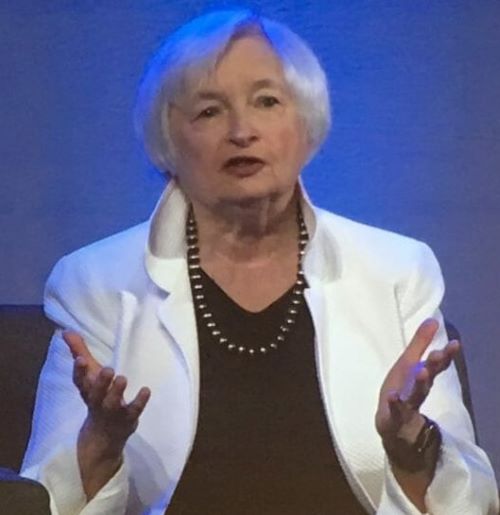

Medicare and Social Security trustees reports released last week showed “strong economic recovery and growth in the past year,” Treasury Secretary Janet L. Yellen said. In the long term, however, both programs need strengthening to gain solid footing, she added.
Medicare and Social Security both are facing long-term financing shortfalls under currently scheduled benefits and financing. According to trustees, the costs of both programs will grow faster than gross domestic product through the mid-2030s, primarily due to the rapid aging of the U.S. population. Medicare costs will continue to grow faster than GDP through the late 2070s due to projected increases in the volume and intensity of services provided.
Faster economic recovery than anticipated has positively affected the projected actuarial status of the funds, according to the reports. Social Security’s Old-Age and Survivors Insurance Trust Fund is projected to remain solvent through 2034, at which time the fund’s reserves will become depleted and continuing tax income will be sufficient to pay just 77%
scheduled benefits. The projection takes Social Security payments out one year later than previously estimated.
The Medicare trustees report said that the Hospital Insurance Trust Fund will be able to pay benefits until 2028, two years later than estimated last year.
“Medicare is a commitment to our nation’s seniors and individuals with disabilities that must be protected. We are encouraged that this report shows an improved outlook compared to last year’s forecast,” Mary Beth Donahue, president and CEO of the Better Medicare Alliance, said in an emailed press release.
Although the outlook has improved slightly year-over-year, the reports send a clear message to Congress, according to AARP CEO Jo Ann Jenkins.
“Despite the short-term improvement, you must act to protect the benefits people have earned and paid into both now and for the long-term. The stakes are too high for the millions of Americans who rely on Medicare and Social Security for their health and financial wellbeing,” she stated.
The trustees concluded that Congress should take action sooner rather than later, “to allow consideration of a broader range of solutions and provide more time to phase in changes so that the public has adequate time to prepare.”




